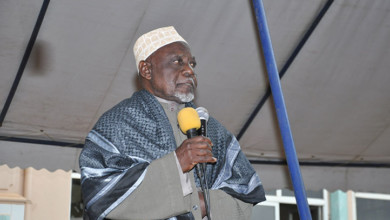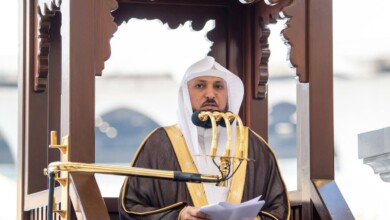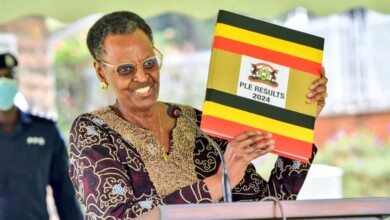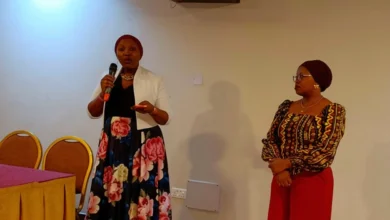Mufti faces backlash over alleged term extension
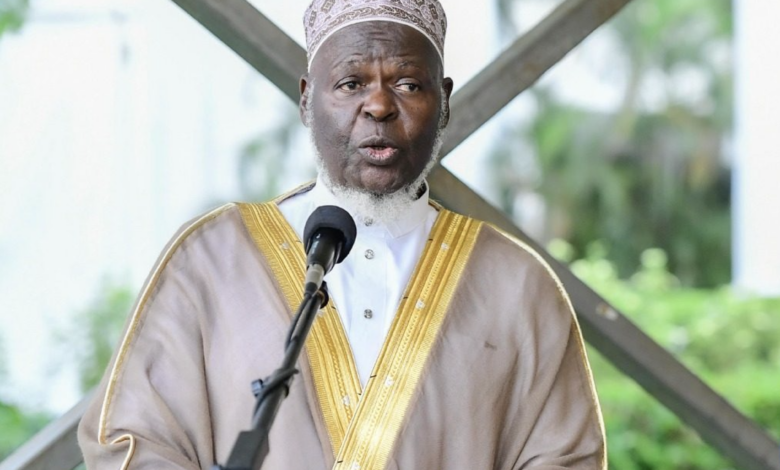
By Abdul-Wahid Kakande
Anxiety is growing within the Muslim community as Uganda’s Mufti, Sheikh Shaban Ramadhan Mubaje, approaches his 70th birthday next month.
Mubaje, who has served as Mufti since December 2000, will turn 70 on March 12. Under the previous constitution, this milestone would have marked his retirement. However, the revised Uganda Muslim Supreme Council (UMSC) constitution, ratified by the General Assembly on July 13, 2022, stipulates that the Mufti must be at least 55 years old and can serve a single term until he turns 75. This amendment, however, does not apply to Mubaje, the reigning Mufti.
However, ongoing schemes to alter the constitutional provisions to allow Mubaje to extend his tenure have sparked debate within the Muslim community. While Mubaje has remained silent on the issue, UMSC spokesperson Ashraf Zziwa Muvawala confirmed that members of the council’s leadership and various structures have urged him to stay on for the next five years. This, according to Muvawala, is in appreciation of the Mufti’s role in maintaining stability within the Muslim community.
“It is true that under the old UMSC constitution, the Mufti is supposed to retire on March 12, but as you know, the constitution was amended, and the retirement age of the Mufti was raised to 75 years. This means that he is still eligible if he so wishes; as members of the management committee, we have proposed to him that he continue serving until he clocks 75 years,” Muvawala said, adding, “This idea has been embraced by all the UMSC structures.”
In their proposal, Muvawala said, members of the management committee took cognisance of the numerous challenges Mubaje has faced since assuming office in December 2000, but achieved significant milestones despite the odds.

UNWANTED ADVISORY
Some Muslim clerics have, however, protested the move, arguing that it is not in the best interest of Islam, as it does not only contradict the UMSC constitution but also goes against the Islamic principle of selflessness.
On February 24, Musa Miya Kasakya, an influential Muslim from Butaleja district, wrote to Mubaje urging him to step down on March 12, and allow for the election of a new Mufti.
“Your Eminence, I congratulate you on your efforts in steering and fostering Muslim unity and development in Uganda. I request that you uphold the Islamic principle of selflessness, as outlined in the Quran (59:9), and peacefully retire from the position of Mufti at the end of your tenure on March 12,” Kasakya wrote.
“In accordance with Article 5 (2) of the UMSC Constitution as amended, the Muslim community in Uganda is eager to witness a transparent process where the Majlis al-Ulaama (College of eminent Sheikhs) and the joint session by consensus vet and select a new Mufti from among all the Sunni male Muslims in Uganda,” Kasakya further wrote.
He further argued that there is no justification for reported attempts to extend the Mufti’s tenure, and any processes carried out without the involvement of the entire Muslim population will render his continued occupation of the office illegitimate.
This view is also held by Ali Kankaka, the former president of the Uganda Muslim Lawyers Association (UMLAS) and a key figure in the amendment of the UMSC constitution, who argues that Mufti Mubaje does not qualify for a term renewal, asserting that any such move would be in direct violation of the Muslim constitution.
According to Kankaka, the new UMSC constitution imposes a cap on officials, including the Mufti, who had served for 10 years or more before its enactment, barring them from re-election once their term expires.
DIPLOMATIC FALLOUT
The ongoing leadership controversy is reportedly straining Mufti Mubaje’s relations with certain diplomatic missions from the Muslim world. Impeccable sources within diplomatic circles have intimated to The Friday Call that some embassies are considering suspending their collaborations with UMSC until the leadership question is solved.
However, UMSC spokesperson Ashraf Zziwa Muvawala dismissed these concerns, stating that the council is unfazed by the threats, as no Arab country provides them with direct financial support despite having memorandums of understanding with some.
“We have been funding all our projects, and we shall continue to do so because no embassy has ever supported us,” Muvawala said.
He further accused certain individuals within the Muslim community of misleading Arab countries about the situation at UMSC.


